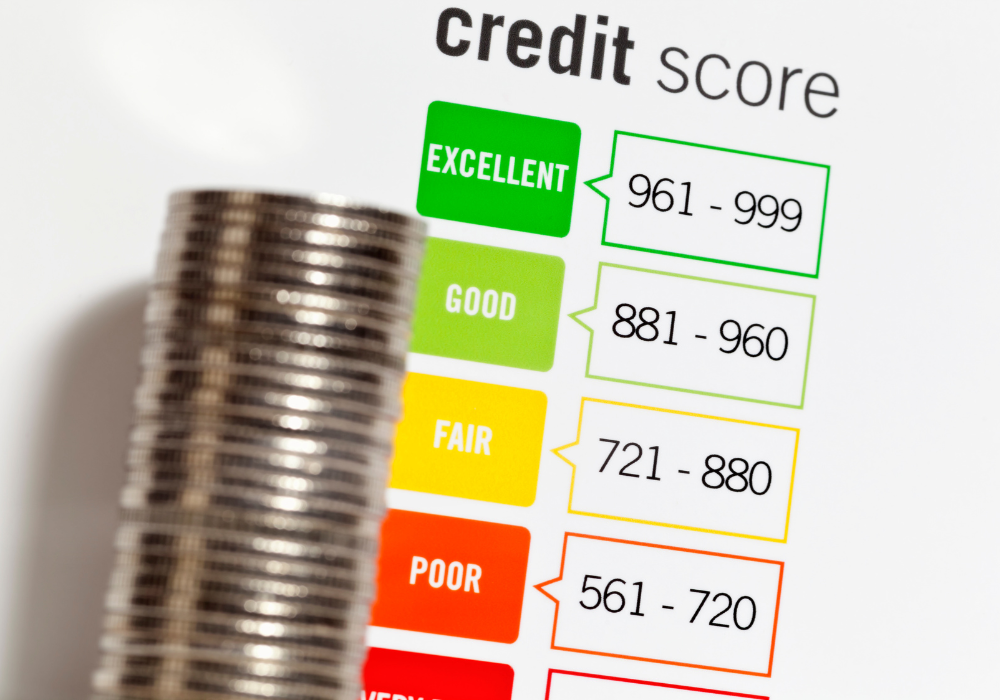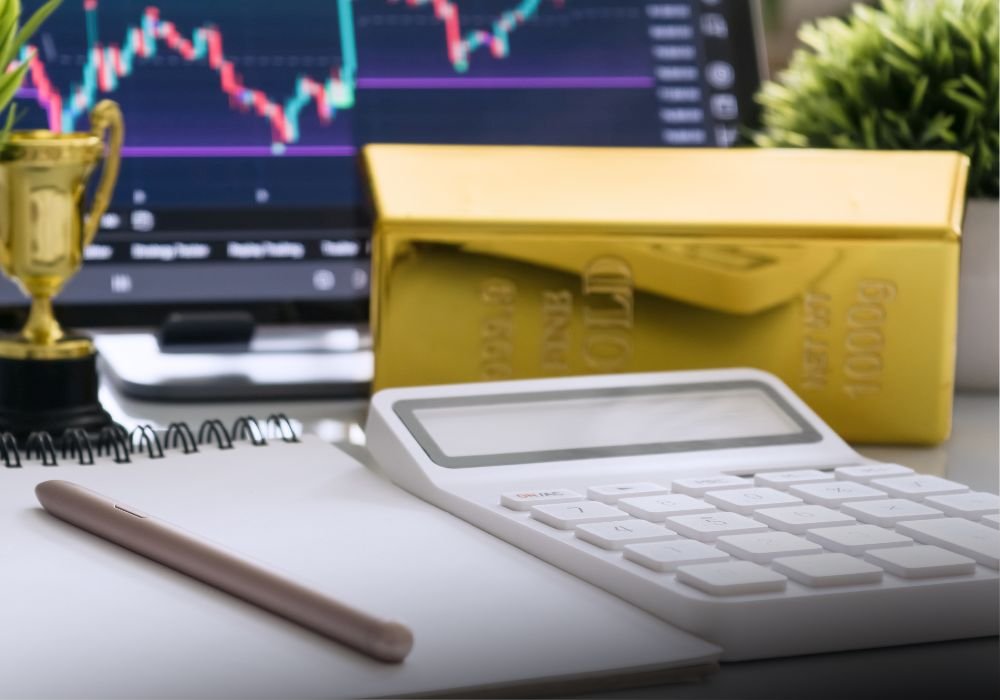The world’s economy is changing. For decades, growth meant producing more goods and services with little thought for the environment or social impact. But today, that approach no longer works. We face rising inequality, climate change, and environmental damage at an alarming pace. These problems have pushed governments, companies, and consumers to rethink how economies function.
Sustainable practices are now shaping modern economic models in ways that balance profit with the planet and people. This shift is not just a trend. It is becoming a necessity for long-term success and survival.

Why Change is Needed
Over the last 50 years, markets have helped improve living standards globally. However, this progress came with costs. Income inequality has grown in many countries. Natural resources are being used faster than they can be replenished. Forests are shrinking, water is scarce, and species are disappearing at rates unseen before.
Climate change threatens to disrupt entire economies by causing extreme weather, lowering agricultural yields, and increasing health risks. Traditional economic models focused mainly on financial returns, often ignoring social and environmental factors.
This imbalance shows that the old way of measuring value—by price alone—is flawed. A better approach includes social well-being and environmental health.
What Are Sustainable Practices?
Sustainable practices involve using resources in ways that meet current needs without stopping future generations from meeting theirs. This includes reducing pollution, conserving water, protecting ecosystems, and promoting fair labor conditions.
Businesses adopt sustainability by reducing waste, using renewable energy, and ensuring fair wages and safe working conditions. Investors now look for companies that score well on environmental, social, and governance (ESG) criteria. This means companies must show responsibility beyond profits.
Governments also play a vital role. They create policies to encourage clean energy, regulate pollution, and protect vulnerable communities. Consumers, too, have power through their choices, demanding more responsible products and services.
How Sustainable Practices Are Reshaping Economic Models
The rise of sustainability has led to major changes in how economies work.
First, businesses are shifting their goals. No longer is profit the only measure of success. Companies now strive for long-term value that includes positive social and environmental impact. This change is reflected in the growing adoption of stakeholder capitalism. Instead of serving just shareholders, companies consider employees, communities, customers, and the environment.
Second, the financial system is evolving. There is more investment in sustainable funds, which prioritize companies with strong ESG performance. In fact, trillions of dollars are now managed with sustainability in mind. This trend encourages businesses to improve their ESG practices to attract capital.
Third, measurement matters. A big challenge is the lack of universal standards to track sustainability goals. Without clear, reliable data, it’s hard to compare progress or hold companies accountable. Regulators worldwide are working on creating common rules for sustainability reporting and disclosure.
The Role of Consumers and Governments
Consumers hold enormous power. They control a large portion of the global economy through their spending habits. Increasingly, buyers prefer brands that demonstrate responsibility toward society and the environment. This consumer pressure pushes companies to improve.
Governments are crucial too. Their policies influence energy use, taxes, subsidies, and product standards. For example, removing subsidies for fossil fuels and redirecting support toward renewable energy can accelerate the transition to greener economies.
Governments can also enforce transparency through regulations. Mandatory sustainability disclosures and penalties for false claims help prevent “greenwashing,” where companies pretend to be more eco-friendly than they are.
Opportunities and Challenges Ahead
The move toward sustainable economic models offers many opportunities. It can create new markets for green technologies, renewable energy, and sustainable products. Jobs in clean energy, recycling, and sustainable agriculture are growing rapidly.
Innovation plays a key role. From better batteries to smarter farming techniques, technology helps reduce environmental impact while improving efficiency.
However, challenges remain. One risk is greenwashing, which can mislead consumers and investors. There is also a risk of uneven progress, where some countries or industries move faster than others. Additionally, changing long-standing financial systems and habits takes time and cooperation.
A Global Effort for a Sustainable Future
Sustainable economic models require global cooperation. Environmental problems and economic inequalities do not stop at borders. Climate change affects everyone, so solutions must be shared.
International organizations, governments, businesses, and citizens must work together. Aligning goals, sharing technology, and supporting developing economies are all essential.
The shift toward sustainability is more than a moral choice. It is smart economics. By protecting natural resources and ensuring fair treatment of people, economies can grow stronger and more resilient.
Final Thoughts
In conclusion, sustainable practices are no longer optional—they are essential to the health and resilience of modern economies worldwide. By balancing economic growth with social equity and environmental care, we create systems that work for both people and the planet.
This shift requires cooperation from businesses, governments, investors, and consumers alike. While challenges remain, the opportunities for innovation, job creation, and long-term prosperity are vast.
Embracing sustainability today means building stronger, fairer economies that can thrive for generations to come. The time to act is now, and the benefits will touch every corner of the globe.
FAQs
Q: What does sustainability mean in economic terms?
A: Sustainability in economics means managing resources to support economic growth while protecting the environment and social well-being for the long term.
Q: Why do companies focus on ESG factors now?
A: Because investors and consumers demand responsible practices, companies that perform well on environmental, social, and governance factors attract more capital and customer loyalty.
Q: How can consumers influence sustainable economic models?
A: Consumers can choose products and services that are eco-friendly and socially responsible, encouraging companies to adopt sustainable practices.
Q: What role do governments have in promoting sustainability?
A: Governments create policies, regulations, and incentives that guide businesses and consumers toward sustainable choices.
Q: Are sustainable practices costly for businesses?
A: While some sustainable changes require upfront investment, many lead to cost savings and long-term benefits like improved efficiency and stronger brand reputation.










